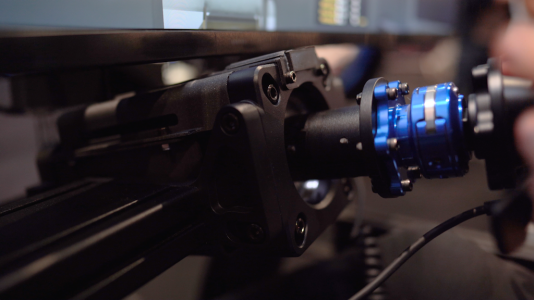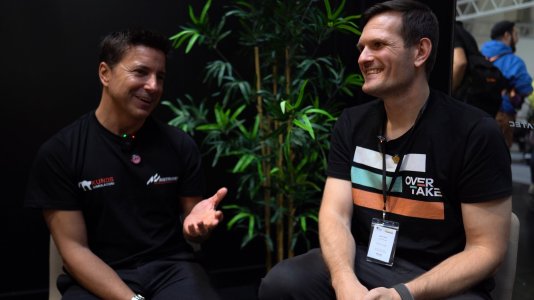Paul Jeffrey
Premium
A jury in Texas has ruled that Oculus Rift CEO Palmer Luckey failed to comply with a non-disclosure agreement with games company ZeniMax. Facebook Inc., its virtual reality unit Oculus and other defendants have been ordered to pay a combined $500 million to ZeniMax Media Inc.
The result of yesterday's verdict deemed Oculus CEO Palmer Luckey, failed to comply with a non-disclosure agreement with ZeniMax, and ordered the group to pay a mammoth half a billion dollars in compensation. Although a mouth watering amount of money in it's own right, Facebook have announced a 51% jump in its fourth-quarter revenue, leaving the group in an exceptionally healthy financial position as revenues have risen to $8.81bn and Facebook’s quarterly profit more than doubled to $3.57bn, from $1.56bn a year earlier. The ruling is not though to offer any substantial threat to the continual growth of both Oculus or any of the groups concerned with the legal action.
The case was tried in a district court in Texas and lasted for a total of three weeks. Of the $500m, Luckey will have to pay $50m in the lawsuit, while the former Oculus CEO Brendan Iribe has been ordered to pay $150m – both for false designation. The company must also pay $200m for non-disclosure agreement (NDA) violation, $50m for copyright infringement and $50m for false designation. The jury decided that Oculus didn’t steal trade secrets, as alleged by ZeniMax.
“The heart of this case was about whether Oculus stole ZeniMax’s trade secrets, and the jury found decisively in our favour,” an Oculus spokeswoman said in a statement.
“We’re obviously disappointed by a few other aspects of today’s verdict, but we are undeterred. Oculus products are built with Oculus technology. Our commitment to the long-term success of VR remains the same, and the entire team will continue the work they’ve done since day one – developing VR technology that will transform the way people interact and communicate. We look forward to filing our appeal and eventually putting this litigation behind us.”
The original lawsuit was issued in May 2014 when it was alleged that Oculus had made use of code from ZeniMax in order to create it's Oculus Rift Virtual Reality headset. Oculus plans to appeal the decision and said that the company was committed to the “long-term success of VR”.“We’re obviously disappointed by a few other aspects of today’s verdict, but we are undeterred. Oculus products are built with Oculus technology. Our commitment to the long-term success of VR remains the same, and the entire team will continue the work they’ve done since day one – developing VR technology that will transform the way people interact and communicate. We look forward to filing our appeal and eventually putting this litigation behind us.”
As a lucky portion of sim racers are finding out, Virtual Reality is fast becoming an interesting piece of hardware for some users to bring the racing experience closer in immersion to it's real life counterpart. With support of various levels now implemented in racing games such as Assetto Corsa, Project CARS, DiRT Rally, RaceRoom Racing Experience and currently under development for both rFactor 2 and very shortly for Reiza Studio's Automobilista title, VR looks like it is very much here to stay in sim racing.
Last edited:










